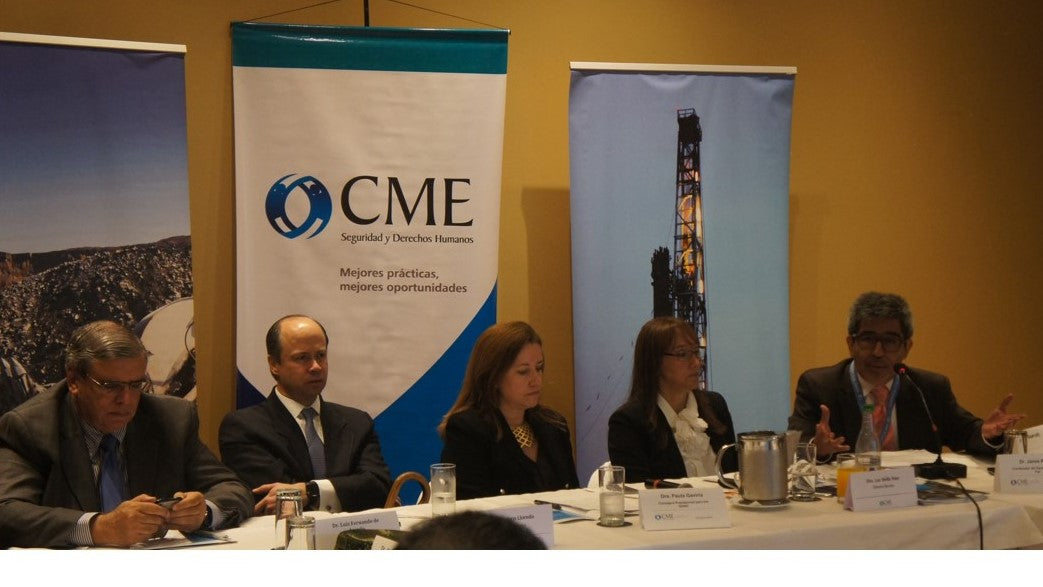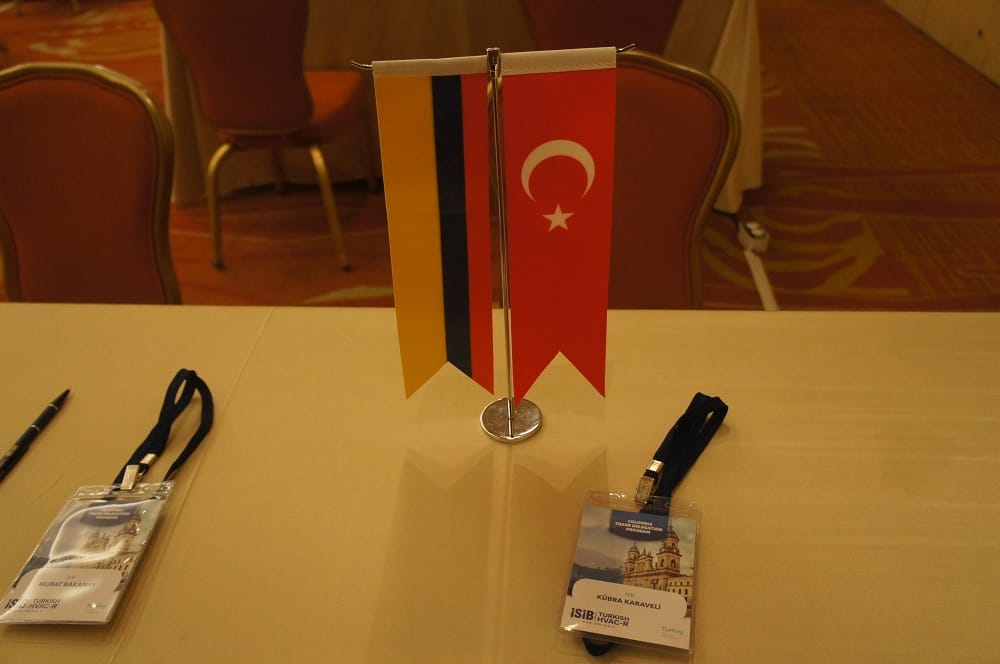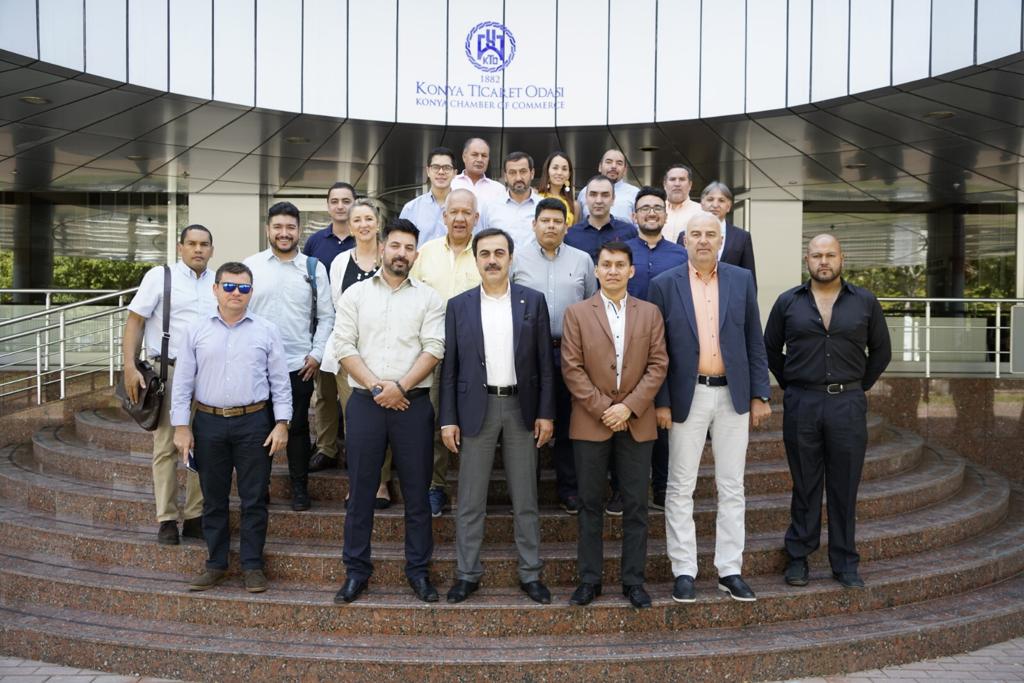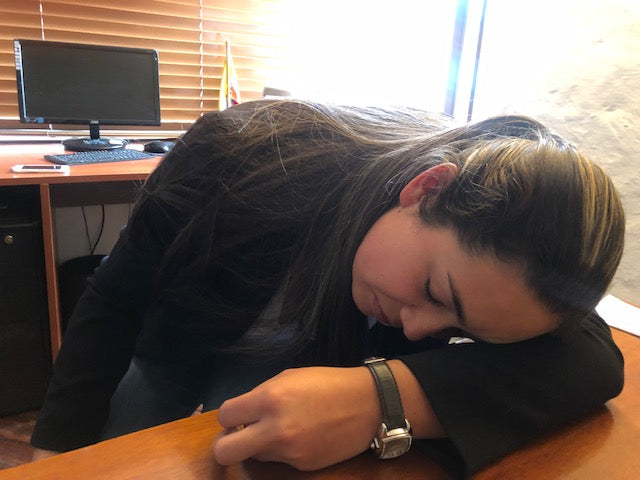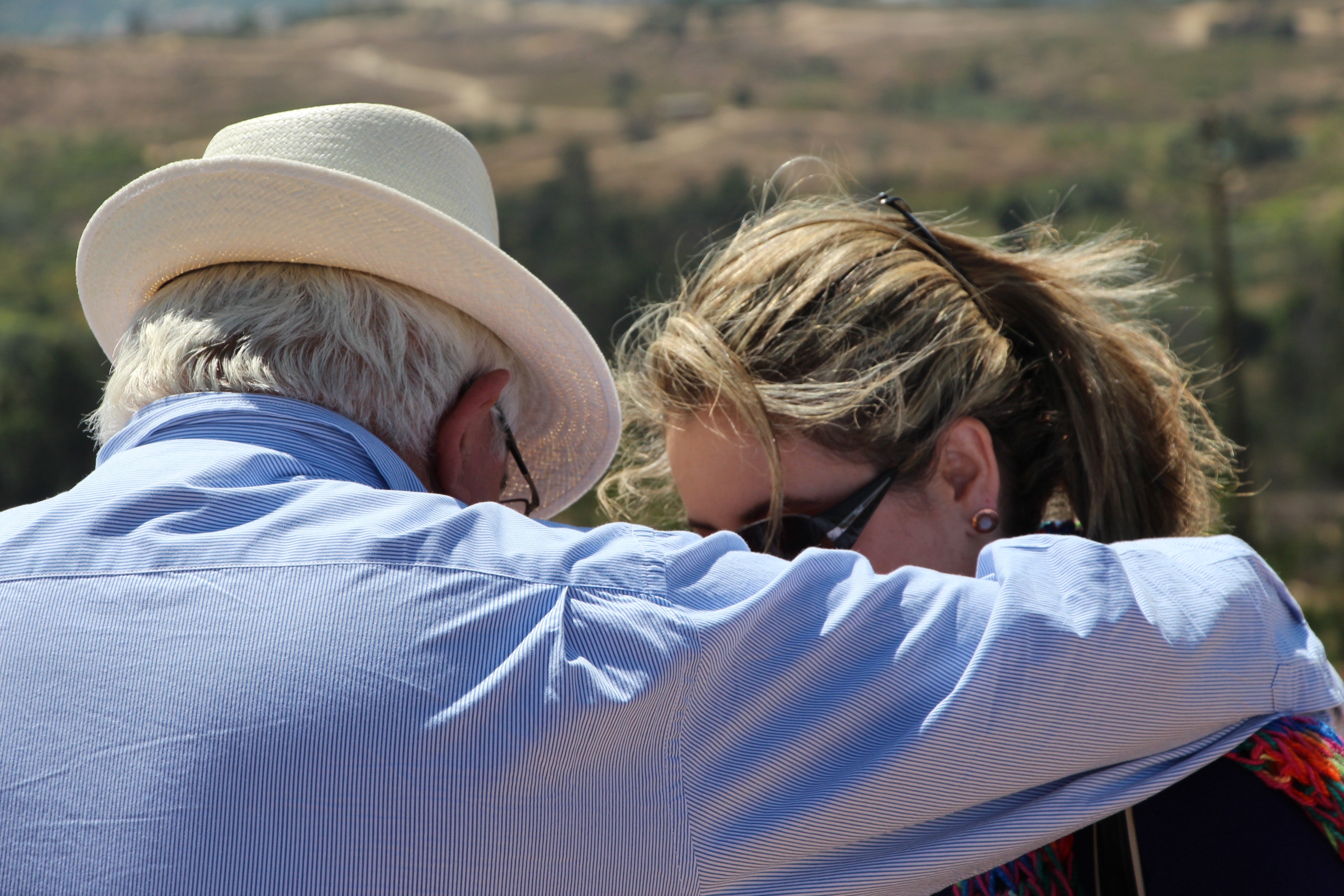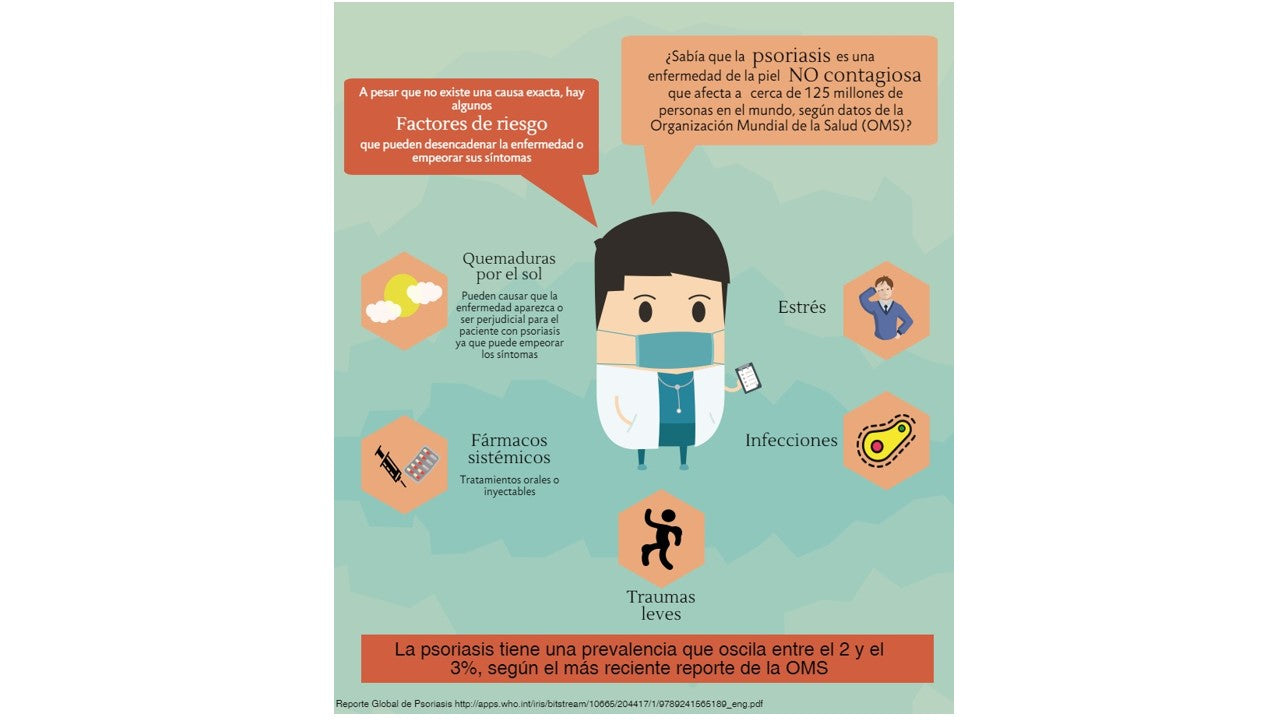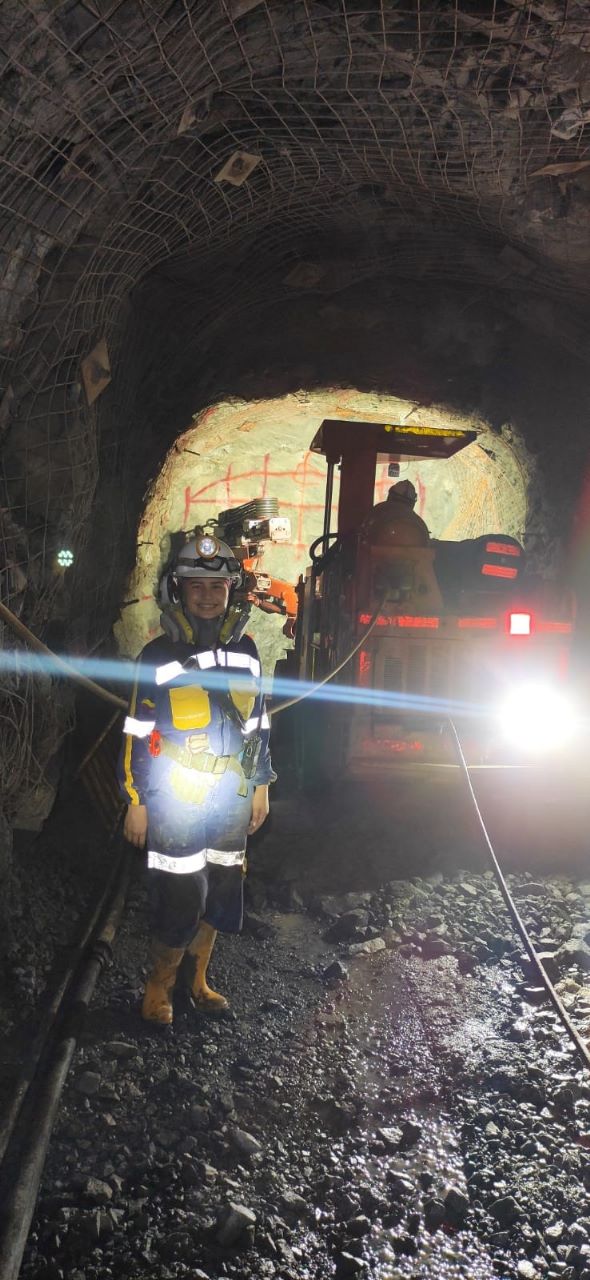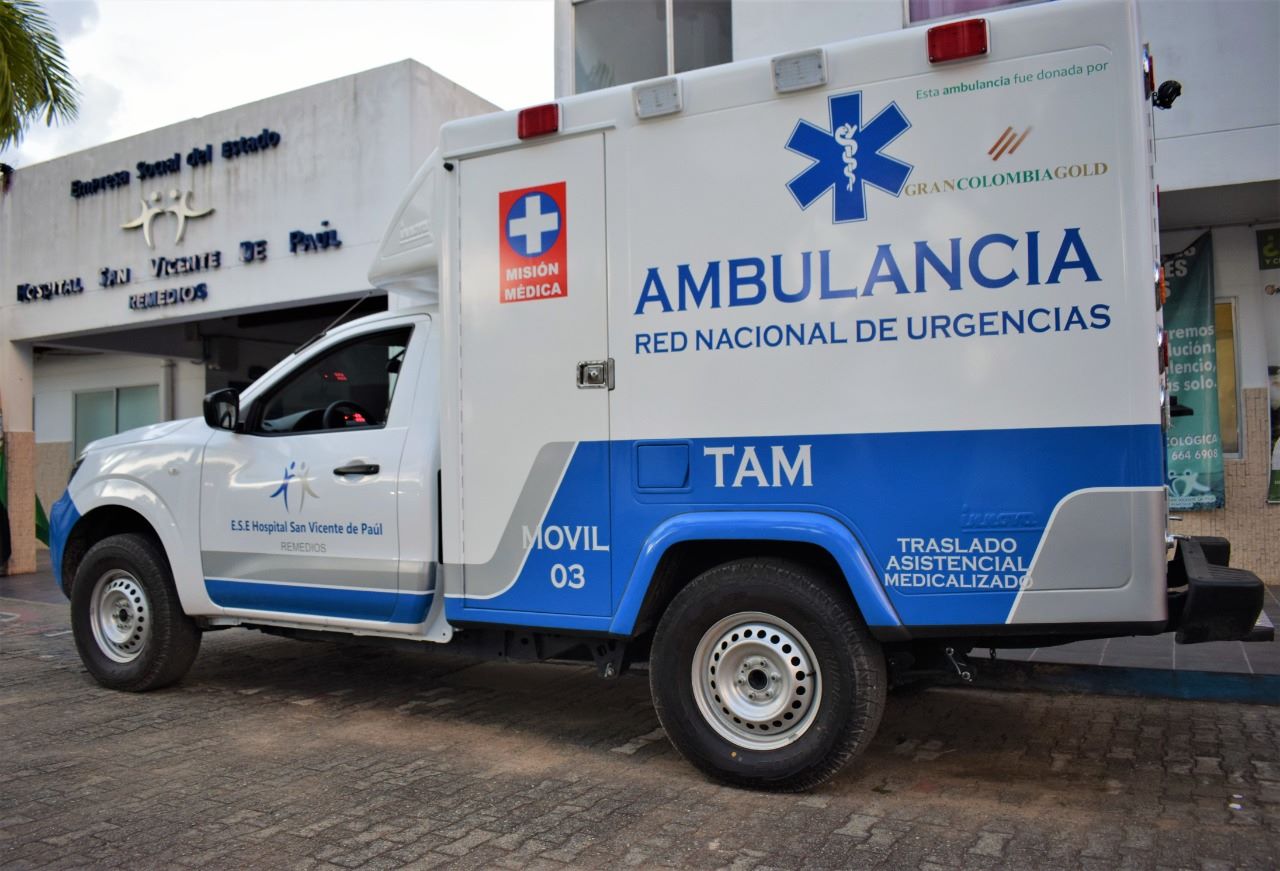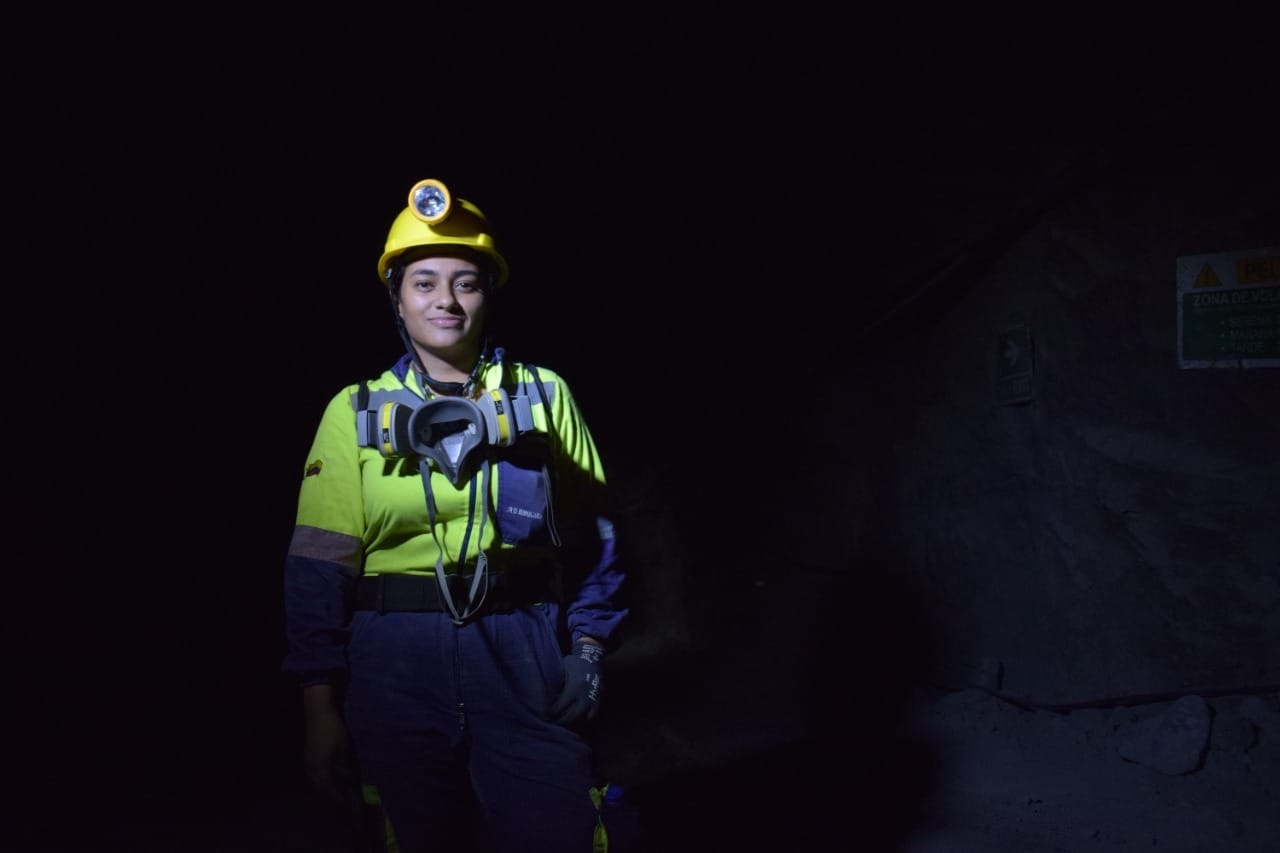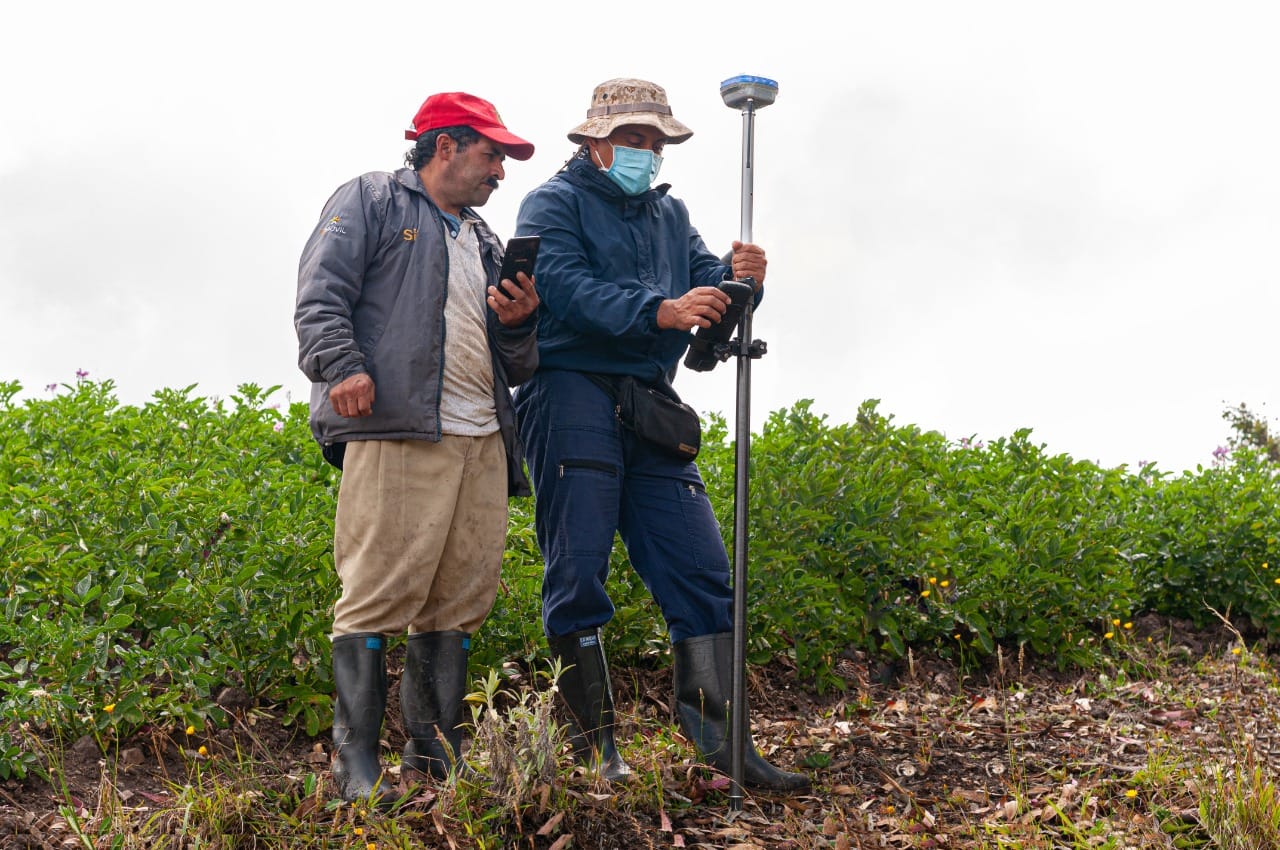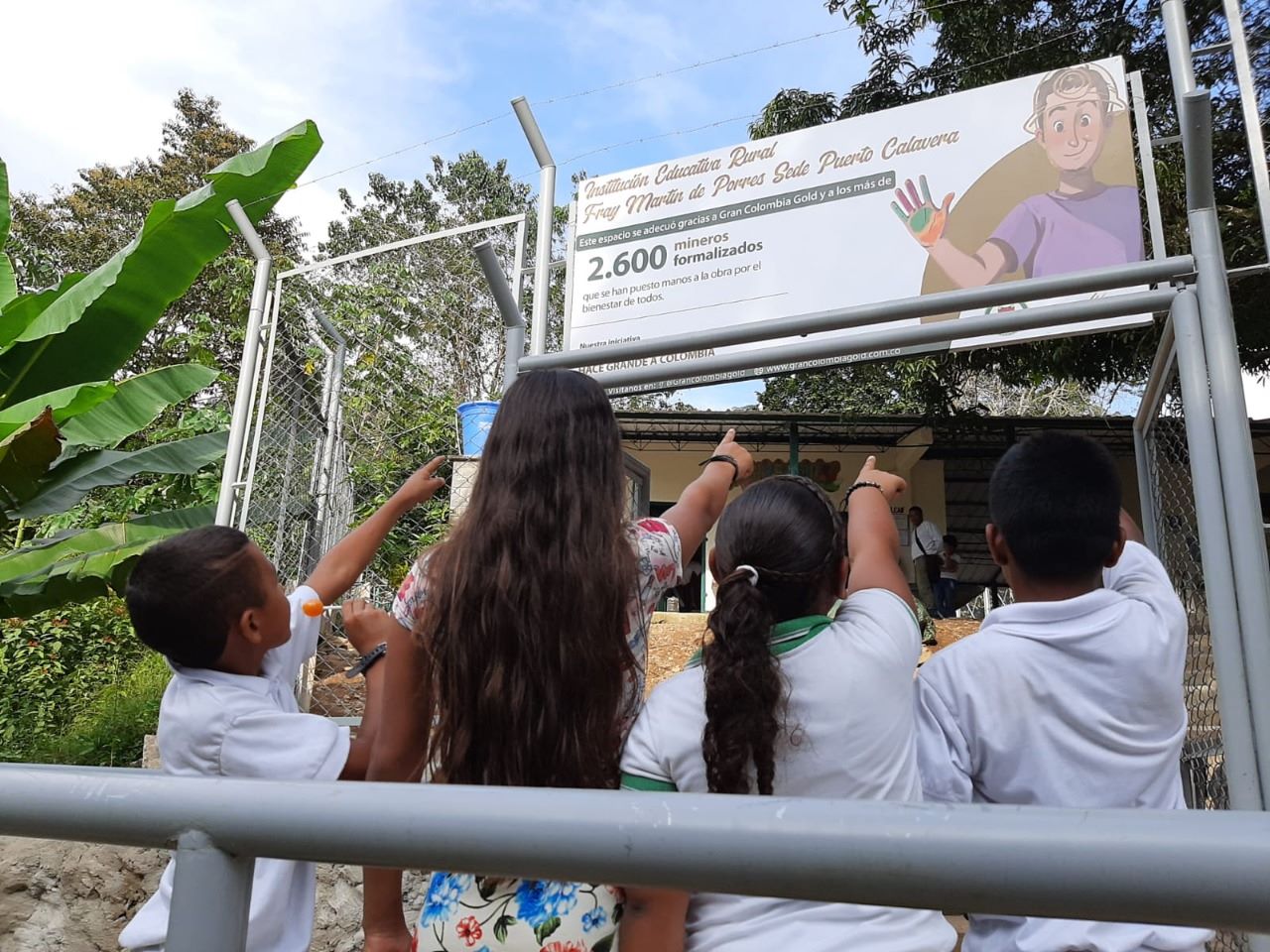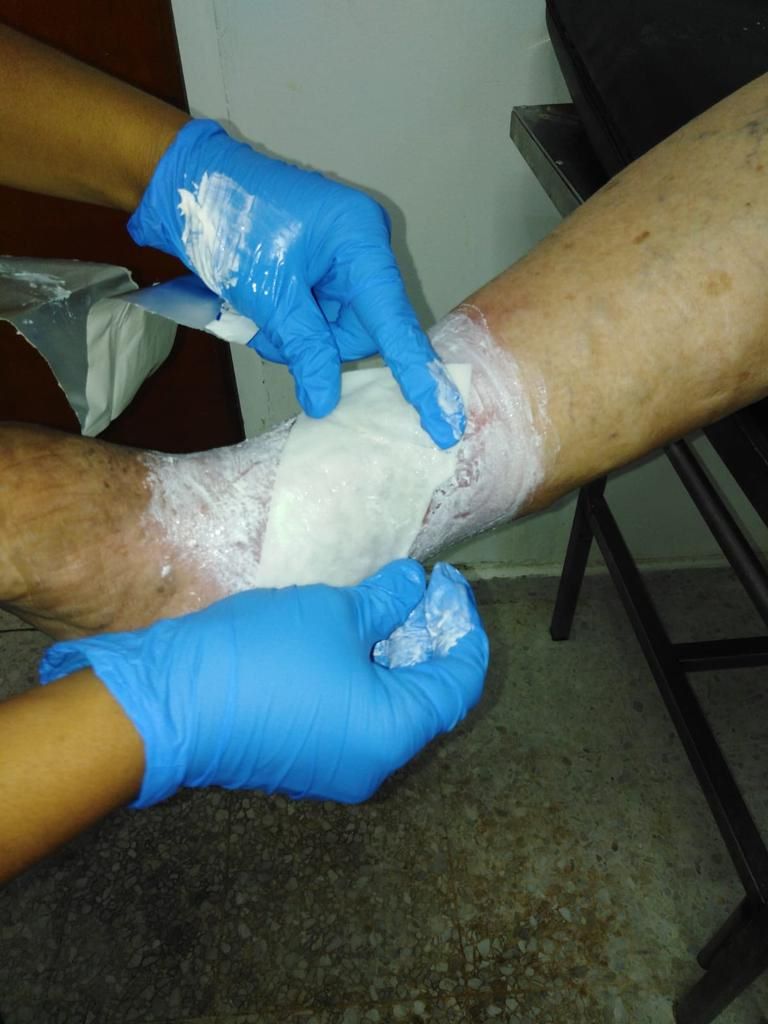
- 29 Apr 2023
Mining Energy Committee launches practical tool for companies to manage conflicts and prevent violent actions due to escalation of social protest
“It is a reality, social protest has grown in Colombia. In recent years, new leaders have emerged who are no longer afraid to show themselves," said José Noé Ríos during the launch of the document of recommendations for respectful management of the right to social protest and against illegal or violent actions that arise. of its escalation.
The Mining Energy Safety Committee, CME, headed by Luz Stella Páez Cañón, presented, with the support of the Vice Presidency of the Republic, represented by José Noé Ríos, advisor to the Presidency and director of Cedisco, and María Paula Gaviria, Presidential Advisor for the Human Rights, guidelines aimed at companies to prevent the escalation of social protest to illegal or violent actions, manage it when they occur and deploy actions to stop them.
The recommendations issued by the CME are a concrete tool for companies in the mining and energy sector to act responsibly and respectful of human rights to prevent, mitigate and repair the negative impacts resulting from operations, and enhance the positive impacts. The document includes 59 recommendations that, from a prevention approach, must be activated from the moment the companies arrive in the territories for the recognition of the territory and the understanding of social conflict, a basic budget to prevent the occurrence of events that lead to illegal or violent actions.
For Francisco José Lloreda Mera, Executive President of the Colombian Petroleum Association, ACP, in the context of conflicts, it is relevant to reach agreements and identify the legitimate interests and the causes underlying social protest.
According to Luz Stella Páez Cañón, Executive Director of the CME, “in the territories where companies in the mining and energy sector operate, social conflicts frequently arise that can affect the normal development of operations, requiring attention and collaborative management with local authorities. and at the national level and the support of civil society organizations.”
The construction exercise of this document began in 2015 and its result is the result of the consensus of the members of the CME and the participation and contributions of the Ministry of the Interior, the National Hydrocarbons Agency, the Attorney General's Office, the Colombian Office of the United Nations High Commissioner for Human Rights, the United Nations Development Program (UNDP) and, as an observer, the Ombudsman's Office.
The CME is strengthened as a multi-stakeholder initiative and ratifies its value by collecting a plurality of visions around complex issues, which respond to the dynamics and transformations of the national context.
Currently, Colombia is moving towards the construction and consolidation of peace in the territories and there is evidence of a society that is increasingly mobilizing to demand the recognition and protection of its rights.
According to Páez, “the focus of these guidelines is oriented towards the three key moments of action, that is, to prevent escalation, to manage it when it occurs and to develop subsequent actions, all of this so that companies can improve "the understanding in relation to the existence of certain types of social demonstrations, which as long as they are peaceful and respect the rights of third parties, are protected by the Colombian legal system."
According to Ríos, not all social protests generate illegal or violent actions, therefore the exercise of this right must be respected.
The CME recognizes these recommendations as a living document that must be put into practice by companies and offers concrete contributions to authorities, civil society and companies for better risk management in the territory.
Here are some recommendations to prevent illegal actions:
- Analyze and evaluate the environment, its risks and impacts, keeping the map of relevant actors at the national, regional and local level updated.
- Manage complaints and claims, explaining to petitioners in dialogue scenarios the scope and motivation of the responses.
- Relationship with interest groups with the aim of establishing dialogue and participation strategies with institutional presence to communicate the scope of the projects and their benefits.
The document reinforces the need to ensure the value chain, providing induction to its personnel on forms of social dialogue, relationships with authorities and interaction with communities on the ground, according to the protocols, guides or good practices implemented by the company.
For Páez, clarity must be made about what is the responsibility of companies and what is the responsibility of the State.
According to Jaime Prieto, coordinator of the Territory and Peace team and representative in Colombia of the United Nations High Commissioner for Human Rights, “social proposals must find solution mechanisms, some of the main reasons why they are presented are: alleged socio-environmental effects, labor discussions, percentage of hiring of local labor or hiring of small local companies or Non-compliance with previously acquired commitments.
Regarding the issue, Ríos states that “the protests begin as soon as the projects are announced, in many cases, to prevent them from becoming a reality. It is necessary to work on preventive rather than reactive management, respecting rights.”
“Although the Political Constitution of Colombia recognizes peaceful social protest as a right, this protection is not given for those situations that share illegal and violent actions,” said Páez.
For its part, the CME will continue to document good practices and lessons learned related to the management of illegal and/or violent actions derived from the escalation of social protest in order to share the knowledge acquired and make visible in the instances of dialogue and relationship that exist with the National Government and other State entities, the challenges and difficulties for companies in this matter.
This document seeks to stimulate reflection on the way in which companies can prevent conflicts and generate spaces for dialogue and search for consensus regarding a crucial issue on the public agenda and constitutes a contribution to authorities, civil society and companies to better risk management in the territory. It is everyone's task to continue working for its implementation.
About CME
The CME is a space for generating knowledge and mature dialogue with a 15-year history where relevant actors from the National Government, companies in the mining and energy sector, civil society organizations, embassies, academia and international organizations come together.
This multi-stakeholder platform promotes dialogue and generates practical recommendations to guide business decision-makers in the face of complex issues, where building consensus and agreements are a permanent challenge.
The CME is an observer of the International Initiative of Voluntary Principles of Security and Human Rights and has been an ally of the National Government in the construction of the National Plan on Business and Human Rights and a member of its Advisory Commission.
The Corporation is committed to responsible business behavior that respects human rights, which means identifying, preventing, mitigating and/or repairing the negative impacts resulting from its operation and enhancing positive impacts through collaborative work, relationships based on trust, recognition and comprehensive understanding of the operating environment.
In a socio-political context that represents great challenges and at the same time new opportunities for the private sector, the CME stimulates reflection and encourages inclusive relationships for the construction of agreements in the territory. The role of civil society organizations in this purpose is fundamental.
This is a space in permanent evolution that is enriched with new voices and perspectives and that is why today we have the presence of our associates and other companies, organizations and embassies that share the same challenges, whom we invite to join forces in this common purpose.


